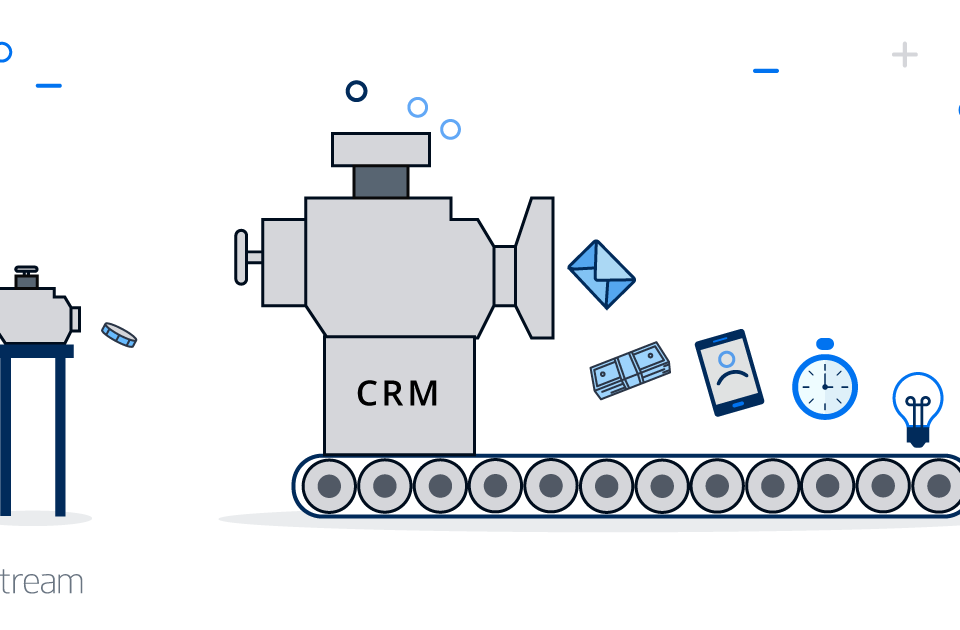Even though CRMs systems are praised as a tool which improves functioning in both small and bigger companies, some firms have troubles while trying to implement it. What’s more, they don’t get the chance to benefit from its advantages, like: betterment of long-term relations with clients (which leads to stability on the market), better motivation and effectiveness of employees, increased profits, gaining new contractors and better marketing strategy.
It is worth considering, why do these problems occur and why some companies have troubles in introducing CRM. There can be at least a few answers, because everything depends on specificity of every enterprise and its branch.
First issues come up already at the very beginning.
- CRM is an element which has to fit into the company, not the other way – this way you are already doomed to fail. Choosing system with too many functions is often misfortunate – many firms use only basic modules, which enable simple and fast customer service, easy report generation, improved communication within company and constant access to all of data bases. On the stage of analysing possibilities and needs (which is absolutely necessary in the beginning of CRM implementation), you should define your company’s needs and consider them while looking for the right system.
- You need to work on your strategy – lack of it might bring another complications. Specific plans concerning CRM should relate to our requirements towards this system and relate to the detailed strategy of your company’s development
- CRM implementation can’t be handled by people with low or no skills. What’s more, apart from engaging suitable professionals, it is essential to motivate and encourage your team to work in this process. Ultimately new technologies are introduced to give them more comfortable work conditions.
- Of course, engagement is not enough. There have to be implemented certain inside processes. Without them, no informatics or sales system will be able to function properly in the future. Before the firm decides on one of the CRMs, it has to refine processes connected with customer service, inside communication, gathering of information etc.
Next step which brings most of the troubles is the implementation itself. You can distinguish here:
- Introducing CRM as a tool, but without fitting it into business characteristics, or without considering the needs of employees who are responsible for transactions and customer relations. Remember, that the system should serve your staff members – so consult them before making any changes. Another solution would be creating an implementation team composed of specialists (both technical and with „soft skills”).
- Wrong costs’ estimation, which could lead to higher expenses in final budget. This situation often results in ending the project. How to avoid it? First of all, during your first analysis you should consider possible hidden costs. For example, if CRM system requires especially expanded technical supply – like one’s own server, administrator, specialist security system and more – it is better to choose a solution in SaaS system. They are available in browsers, which makes them easy to use and implement;
- It could happen, that even with proper implementation, the system won’t be well fitted and used. The problem could be in difficult interface or complicated functions. But you could avoid these issues with some easy precautionary steps. Consider using trial version before buying the system, it is possible in most of the cases. If it is not, think about short-term contract, which will allow you to change CRM if it becomes necessary.





